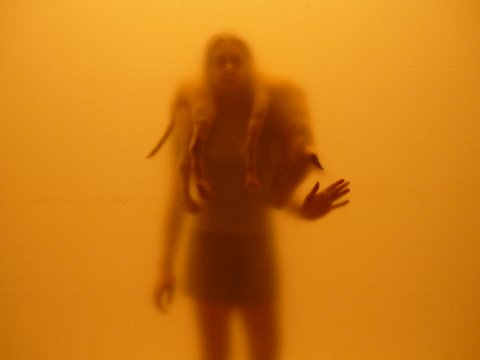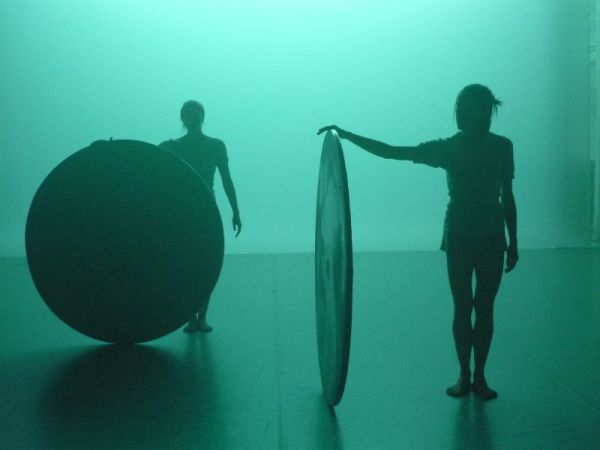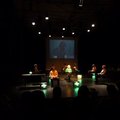to the world’s “unassuming ragamuffins”...
 This was what became of Virgilio Sieni’s Tristi Tropici: Meaning lost among Concepts. Say whatever you want, I don’t think a piece with a thirty-some page ethnographic libretto can be of my interest. Let the play stand for itself, there is no need of a lengthy explanation of influence and personal Ars Poetica, or rather flow of consciousness of a choreographer, however relevant it may be to the interpretation of the dance.
This was what became of Virgilio Sieni’s Tristi Tropici: Meaning lost among Concepts. Say whatever you want, I don’t think a piece with a thirty-some page ethnographic libretto can be of my interest. Let the play stand for itself, there is no need of a lengthy explanation of influence and personal Ars Poetica, or rather flow of consciousness of a choreographer, however relevant it may be to the interpretation of the dance.
 The promiscuous twitch shows that the indigenous have no intentional control over their body. They are on the border between animal and man, yet, they have very tender humane-like feelings. The sharply cut scenes obliqued into twilight, the leaden industrial music wash away the difference between then and now, there and here, them and us. “Blessings such as silence, coolness and peace, which we thought had vanished, reappear. When we hear before the performance itself that one of the dancers, Dorina is blind, our feeling of compassion rises…compassion, a feeling “that derives from the identification with the other” who is a stranger to us; a feeling that we are all identical.
The promiscuous twitch shows that the indigenous have no intentional control over their body. They are on the border between animal and man, yet, they have very tender humane-like feelings. The sharply cut scenes obliqued into twilight, the leaden industrial music wash away the difference between then and now, there and here, them and us. “Blessings such as silence, coolness and peace, which we thought had vanished, reappear. When we hear before the performance itself that one of the dancers, Dorina is blind, our feeling of compassion rises…compassion, a feeling “that derives from the identification with the other” who is a stranger to us; a feeling that we are all identical.







